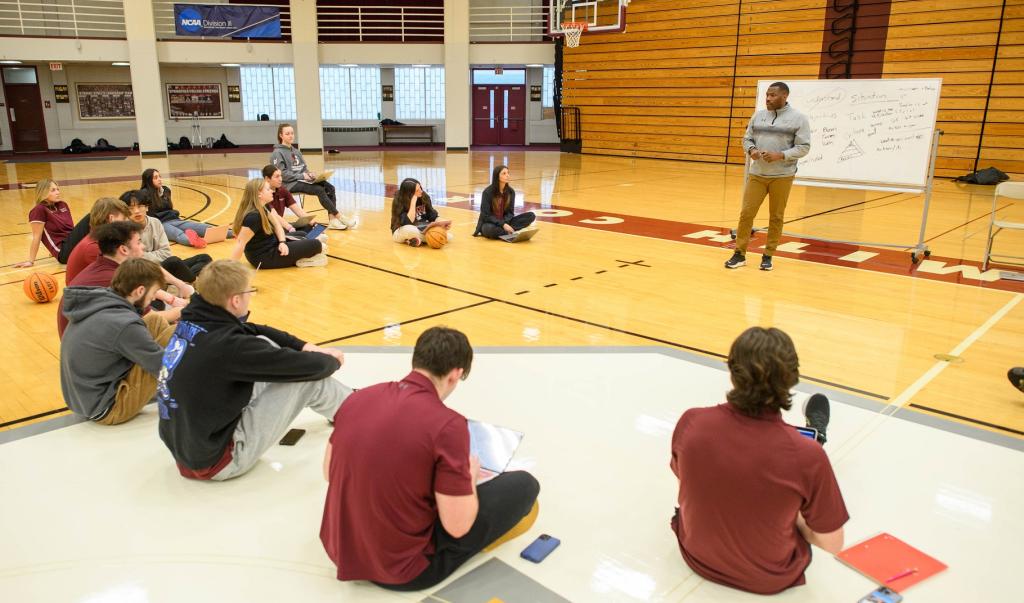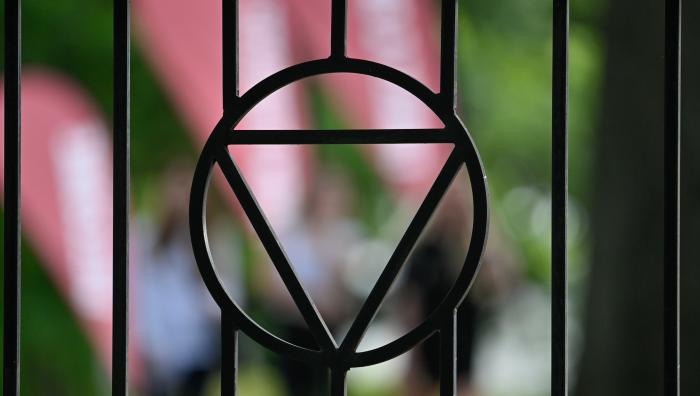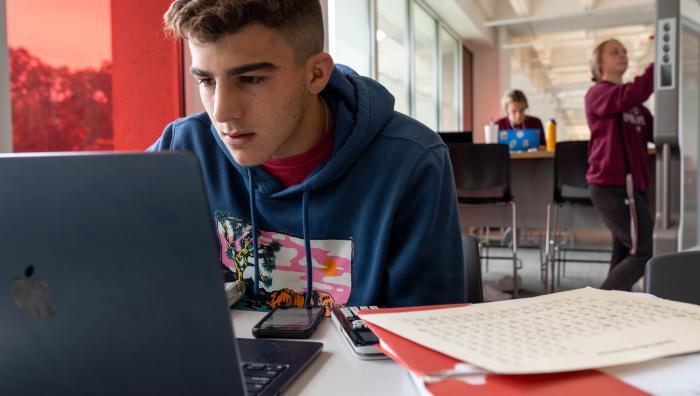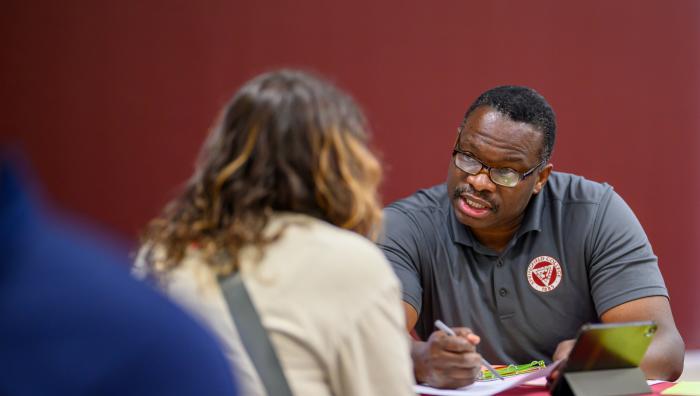Physical Education
Combined Bachelor of Science with Teacher Licensure
| About This Program | |
|---|---|
|
Program Contact
Michelle Moosbrugger The Office of Educator Prep and Licensure can help answer your teaching license questions. |
|
|
Review our admissions requirements |
|
Curriculum and Delivery
|
|
|
Did You Know?
We offer an optional accelerated pathway to your degree and licensure in just 3 years. Complete your bachelor’s degree and qualify for a teaching license in just three years through our accelerated pathway. By taking full course loads during fall and spring, plus summer sessions, you’ll enter the workforce sooner than your peers, with no other three-year, 120-credit PE licensure program marketed in Massachusetts. Interested in this pathway? Discuss this with your advisor prior to and upon entry to Springfield College as a first-year student. |
|
| Graduate Success and Careers | |
| Paying for Your Education | |
|
Upcoming Events
Check back soon for upcoming events! |
|

Foster a Love for Movement.
Springfield College has a solid reputation for helping to inspire and empower some of the best physical education teachers in the world. Our Physical Education teacher licensure major emphasizes the importance of facilitating skills, knowledge, and values to holistically educate each child.
The program prepares students to become educators who are uniquely equipped to develop physical literacy and promote lifelong health and well-being in school settings. Initial involvement and hands-on experiences with school students begins in the first academic year and continues in public and private sectors throughout the four-year program. The gradual progression of early field experience is closely supported by faculty members.
Throughout their undergraduate education, students will be actively engaged in the principles and methods of teaching, while also receiving in-depth exposure to movement concepts and fundamental motor patterns, physical education activities for children, and outdoor adventure activities. Graduates are then eligible to apply for physical education initial licensure for grades PreK through 12.




